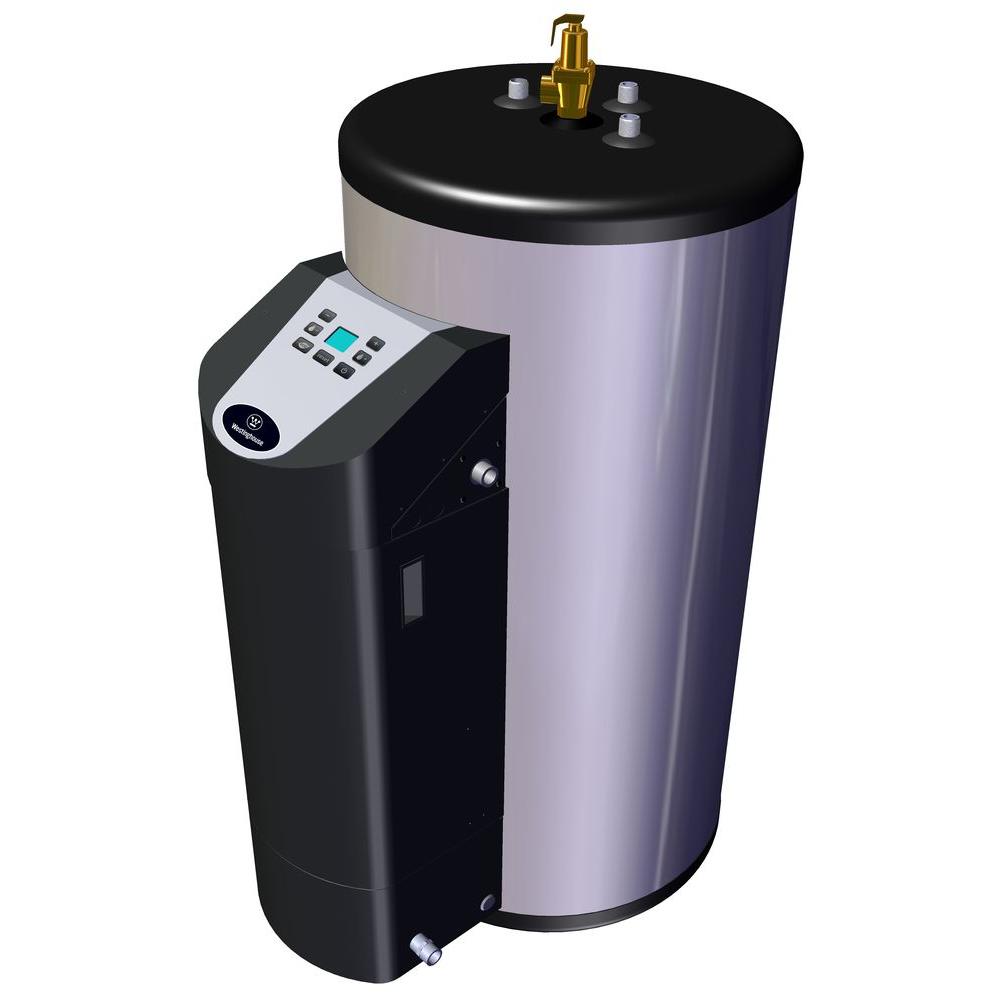The smart Trick of "Going Green: The Environmental Benefits of a Tankless Water Heater" That Nobody is Talking About

Storage tank vs Tankless: Why You Ought to Pick a Tankless Water Heater for Your House
When it comes to opting for a water heater for your house, you possess two primary choices: a traditional tank-style water heater or a tankless water heater. While each types of heaters possess their pros and drawbacks, there are many causes why you need to consider switching to a tankless water heating unit. In this post, we'll take a closer look at the distinctions between tank and tankless heating units and check out the benefits of going tankless.
What is a Tank Water Heater?
A standard tank-style water heater establishments hot water in a big storage container that's generally located in your cellar or utility wardrobe. The size of the storage tank can easily differ relying on how much very hot water you need to have, but most tanks hold between 30 and 80 quarts of water. When you transform on the hot water tap in your home, cool water enters the base of the container and is warmed by an electric heating system factor or fuel burner. The heated water then rises to the best of the tank where it's held until you require it.
What is a Tankless Water Heater?
A tankless or "on-demand" water heater heats up only when you need it. When you transform on your hot-water touch, cool water circulates through a pipe into the device where it's heated up by either an electric component or gasoline heating element. As very soon as you turn off the faucet, the unit closes off and stops utilizing power.
Advantages of Tankless Water Heaters
1) Energy Efficiency
One major advantage of opting for a tankless unit over standard ones is its energy productivity. Since there is actually no storage space facility entailed as along with traditional bodies that consistently heat stored-up quarts of waters throughout day/evening - this converts to considerable cost savings on month-to-month power costs.
2) Endurance
One more benefit offered by these units includes endurance contrasted with typical equivalents since they have far fewer elements susceptible to use out. You Can Try This Source implies a lot less servicing overall, and for that reason much less loan spent on repair services or substitute components.
3) Space Saving
With tankless units, there's no need to designate a huge room for the tank since the unit is sleek and can easily be mounted on wall structures.
4) Endless Hot Water Supply
Tankless bodies give unlimited scorching water supply as long as there's gas or electric power to power the home heating element. Thus there will definitely certainly never be a condition where you operate out of hot water when you require it most.
Downsides of Tankless Water Heaters
1) High Upfront Cost
While they supply several perks, tankless water heaters are extra pricey upfront than typical tanks. You'll likely pay out additional for the equipment and installation costs of a tankless unit than you would for a typical storage-tank heater.
2) Limited Flow Rate

An additional downside is that tankless models possess a restricted flow fee. They can just heat up up thus a lot water at once, which could possibly be an issue if multiple folks in your household need to have warm water at the same time.
3) Maintenance Requirements
Although tankless devices call for far fewer repair work, they still call for routine upkeep. The device should be rinsed annually to eliminate mineral buildup which can destroy it over time if not appropriately preserved.
Final Thoughts
If you're appearing to improve your home's water heating system device, consider going with a tankless version. While they might cost much more at first, their long-term electricity efficiency advantages and space-saving concept create them well worth the financial investment. Plus, possessing an countless supply of very hot water readily available whenever you require it is valuable!
